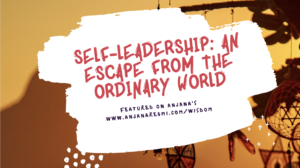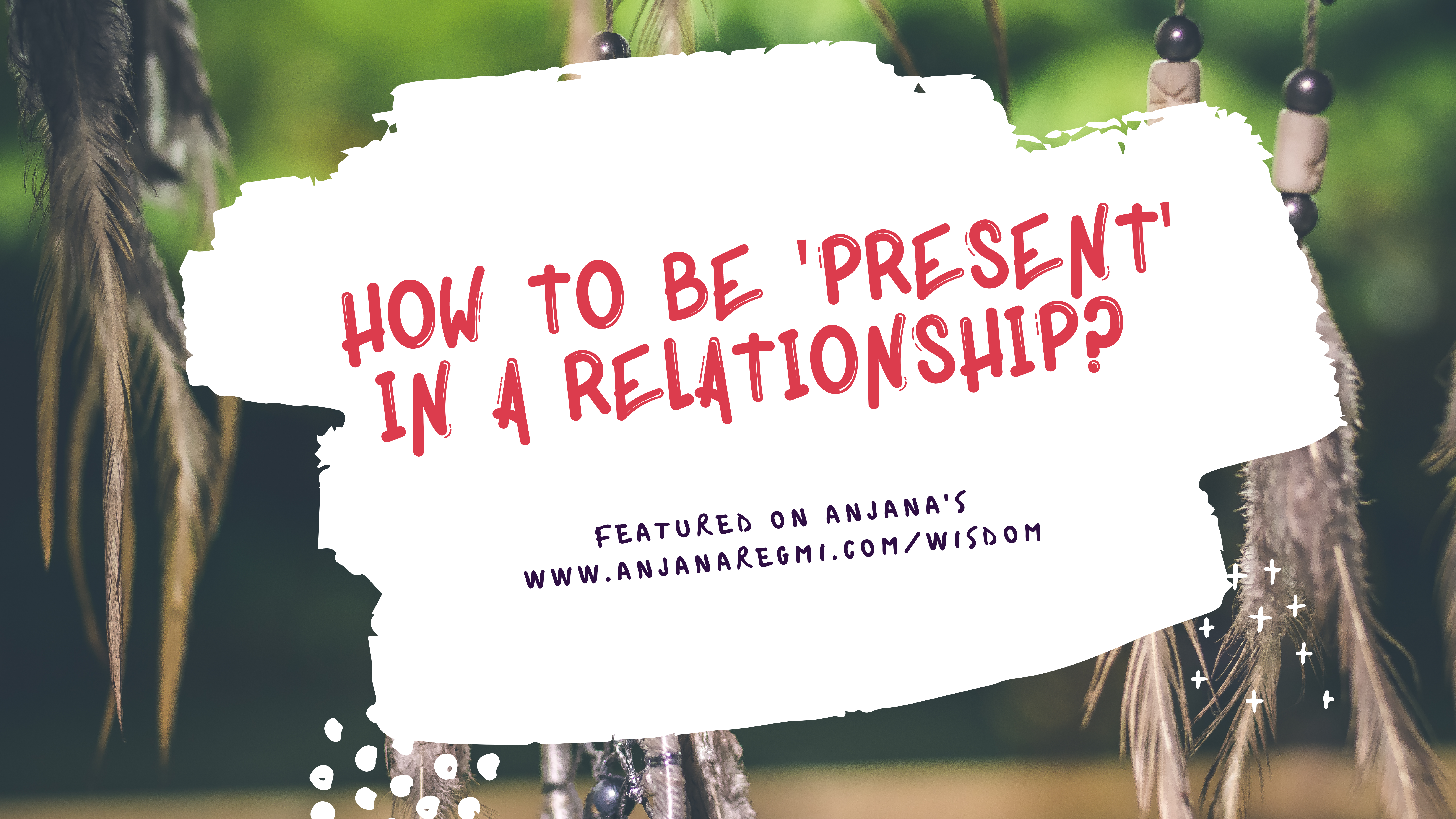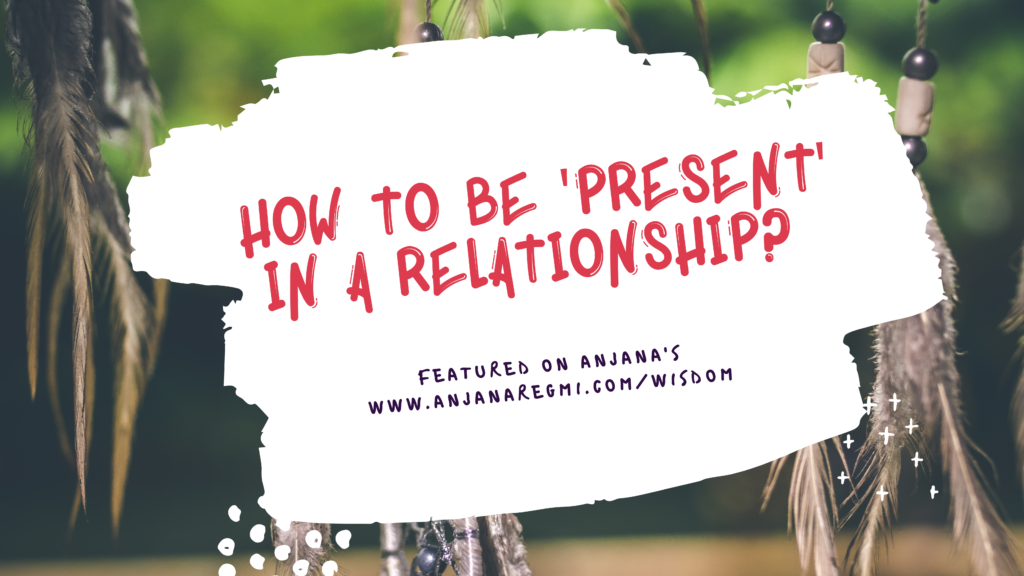
What does being ‘present’ in a relationship mean?
Have you sometimes felt confused about why your partner complains you’re not present or not paying attention in your relationship?
Have you been told you’re unable to meet their expectations and meet their emotional needs?
Has your partner shown confusing emotional responses?
Chances are you’re not being present in your relationship – at least not emotionally!
This comes from a place of connecting with vulnerability.
Feeling that builds connection, gives company, and is visible.
When you’re in a love relationship, it’s important to behave in ways that will help the relationship last. Holding hands together, looking into each other’s eyes, having special dates, and planning a getaway together are all wonderful things to enhance your emotional intimacy.
How often does this actually happen in your relationship? Not a special occasion or when you’ve asked for it but without any reason!
Guess what it takes to get there? Practice
As we travel through our life’s journey, many relationships will come into our lives. Some of them will be wonderful and long lasting; others, unfortunately, may be short term or unhappy.
Why do we face issues in relationships, especially in intimate relationships?
Confusion about being present to solve problems or address disappointment.
The other common problem is being present but distracted or being present but with judgements.
How many times have you seen or heard your partner being present with tons of judgements due to the lack of capacity to listen to understand rather than listen to answer?
WAY TOO COMMON RIGHT?
What are some of the most common consequences?
Minor conflicts!
Do you think or believe minor conflict is normal in many intimate relationships. What does this “normal” mean and look like?
The emotional outbursts that cause hurt, guilt, shame, fear due to various forms of violence is when an argument or difference of opinion starts crossing boundaries.
You’re smitten in love. Have you thought about how can you be present in your relationship and what does that commitment mean or look like?
It’s nothing more than self-awareness. Think about it.

Are you aware of how you deal with conflict in your intimate relationship?
Have you ever discussed what boundaries in your relationship looks like?
Have you ever discussed how you would both like to address conflicts?

Sharing some deepest thoughts and emotions begins with having someone being present.
Sexual intimacy doesn’t just happen in the absence of being fully present in a relationship.
It comes from feeling safe to be vulnerable, to be you, in all shapes and sizes too!
Have you talked about physical, emotional, and commitment safety in your intimate relationship?
How do you know you’re feeling better being in each other’s company? What does this companionship look like?
The emotional connectedness brings thoughts, emotions, feelings, experiences into the mix. Letting your guard down and allowing that comfort of non-judgemental connection creates a feeling of companionship.
That’s why irrespective of being married for decades some couples cannot feel the connection.
The lack of feeling empowered, content, alive, and close in a relationship can ruin sexual intimacy.
How to grow your emotional intimacy and strengthen your bonds of love?
Work on yourself first
Self-awareness is the key. Paying attention to your own inner experience is the first step towards being present in someone else’s presence. This allows you to connect with others. Otherwise when someone speaks with you or is seeking emotional presence your inner hurt, anger, guilt comes out loud in the form of judgements. Fall in love with empowering beliefs to transform your life, fully commit and be present in your most authentic self.
Emotional intimacy is a closeness that goes beyond the ordinary fondness felt for friends and family.
The degree of emotional intimacy is an excellent barometer for evaluating the health of a relationship.
It is difficult to have a good relationship with poor emotional intimacy or a poor relationship with a high degree of emotional intimacy.
How can we work on simple strategies then? Let’s look into it.
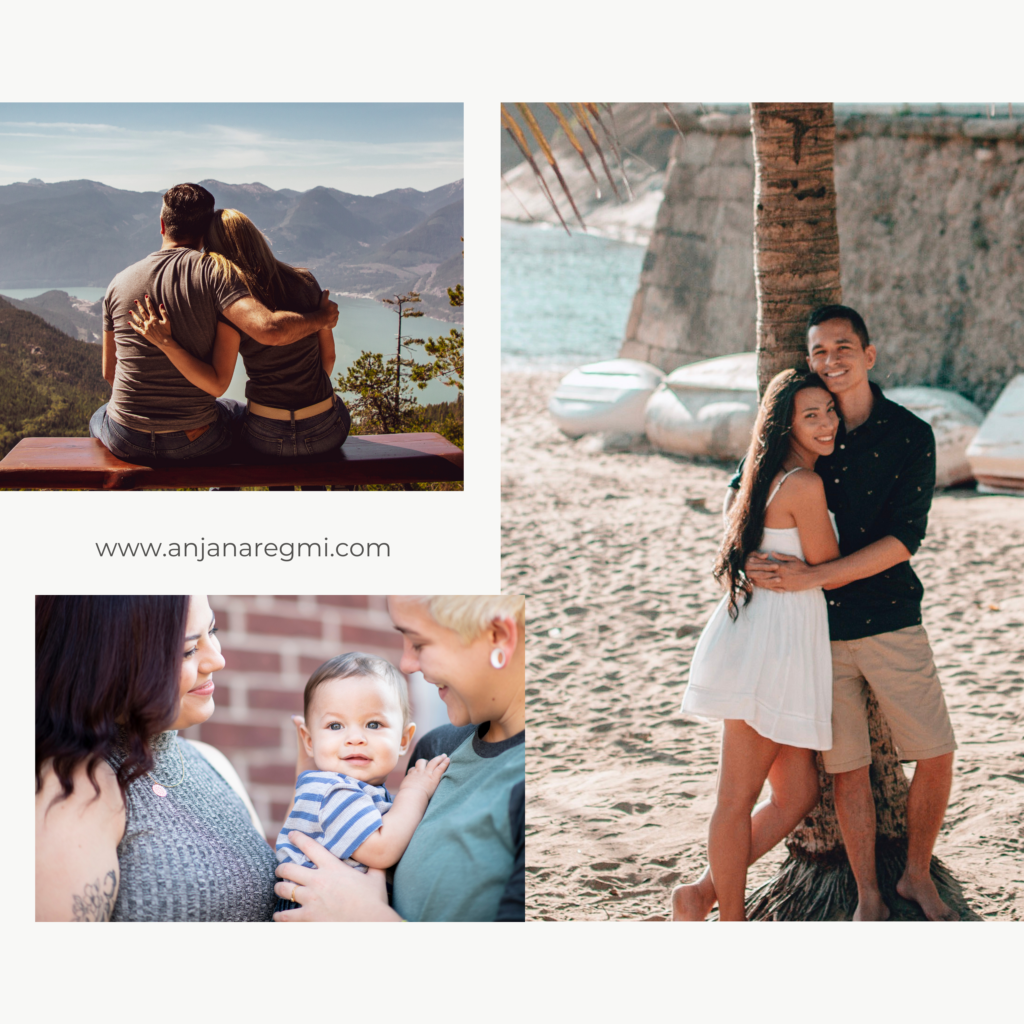
Enjoy curiosity in your interaction
Be curious about your and your partner’s experience. Engaage in some meaningful conversation. Three things that’s important here are 1) practicing non-judgemental presence 2) active listening and 3) summarising what you’ve understood to ensure you’re not assuming what they’re saying.
Express your affection
Hold hands when you’re out together. It feels good to express your affection for one another. Plus, when you hold hands, you show the world that the two of you are a closely connected couple. Holding hands is a great way to express affection without looking for a cause to get physical. Try it and see the difference it makes.
Look into your partner’s eyes when you talk to him/her
As life gets busy, it’s easy to forget to do little things, like gaze into your partner’s eyes. If you make it a point to look into your partner’s eyes when you speak to him, the two of you will be drawn closer and closer.
Schedule that date you’ve been thinking about – no more planning only
Lorem ipsum dolor sit amet, consectetur adipiscing elit. Ut elit tellus, luctus nec ullamcorper mattis, pulvinar dapibus leo.
Relationship through sex or relationship for sex?
Sexual connection is essential but remaining emotionally absent and expecting your partner to have erotic presence simply doesn’t work. This is for all genders. Unmet sexual expectations is where relationships start going downhill with frustrations and hopelessness.
Sometimes financial stress and other external issues can affect the relationship and sexual intimacy between partners. Learning how to apply some of the practical powerful ancient techniques to quiet your mind can work equally well to create a welcoming environment for yourself and others and train your mind to enjoy greater peace.
Other effective strategies are being honest about your feelings, listening well, and having an equal partnership.
Therefore, look back and ask why relationship hurt you so much.
Are you emotionally present?
Not only when you need it but also when your partner needs it too!
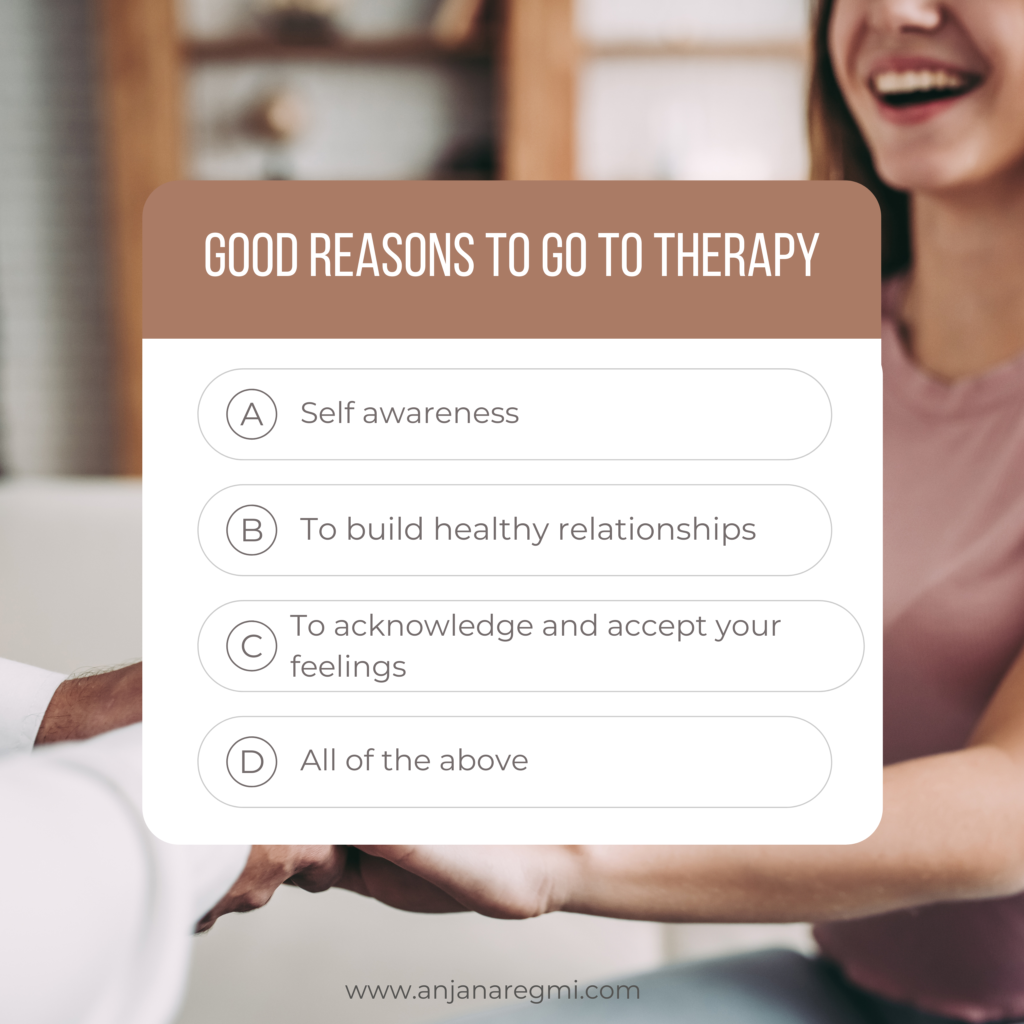
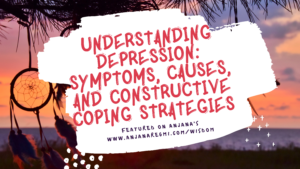
Understanding Depression: Symptoms, Causes, and Constructive Coping Strategies – 2303
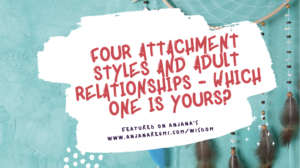
Four attachment styles and adult relationships – which one is yours? – 2302
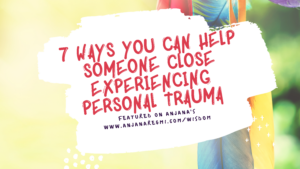
7 Ways You Can Help Someone Close Experiencing Personal Trauma #2301

Can You Overcome Trauma Bonding? #2202

What is Trauma Bonding? #2201
